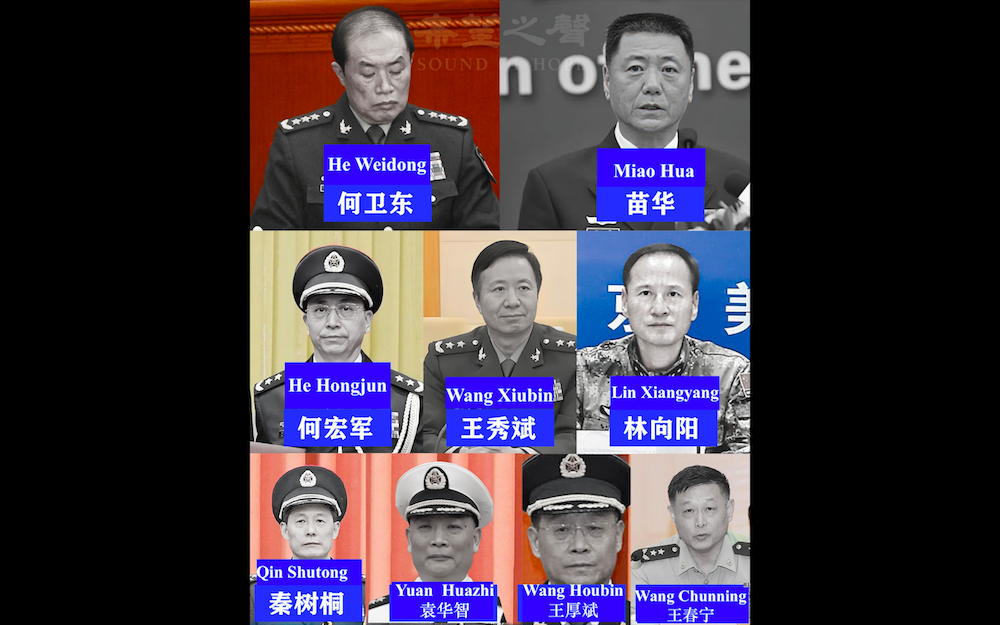By JOE McDONALD
BEIJING – China plans to enact an anti-secession law, the government said Friday, in a move apparently aimed at promoting Beijing’s campaign to pressure Taiwan into uniting with the mainland.
Leaders of parliament are to consider the law at a meeting Dec. 25-29, and it could be passed when the full legislature holds its annual session in March, according to the official Xinhua News Agency.
The Xinhua report didn’t mention Taiwan. But it said the move was in response to proposals for a “law on national reunification” – a reference to Beijing’s goal of uniting Taiwan and the mainland, which split in 1949 amid civil war.
Taiwan denounced the planned secession law as a pretext for a possible military move against the self-ruled island.
“The law means China is looking for a legal pretext for a future attack against the island, and for a unilateral change of the present situation,” said Taiwan’s official in charge of relations with China, Joseph Wu.
Beijing has routinely threatened war if Taiwan pursues permanent independence. China says the island’s president, Chen Shui-bian, is moving in that direction. Many fear that the United States, which has tacitly agreed to protect Taiwan, could be drawn into any hostilities.
The United States urged both sides to peacefully resolve their differences.
“Neither side should do anything to unilaterally change the status quo,” State House spokesman Richard Boucher said Friday in Washington. “So we think it’s the time to focus on dialogue and not for hardening of positions.”
Wu, chairman of the Cabinet-level Mainland Affairs Council, warned Beijing to be cautious about passing the secession law.
“We call on China’s authorities … to think carefully. (China) cannot repeatedly misinterpret the Taiwanese people’s love of peace and determination to oppose military threats,” he said.
Such a law is likely to be purely symbolic. Beijing already has hundreds of missiles aimed at Taiwan and has threatened to invade if its popularly elected government declares formal independence or delays too long in talks on unification.
But the law could give the communist mainland yet another platform to agitate against the Taiwanese president.
The Xinhua report didn’t give details of the proposed law, but state media said earlier that Beijing was considering legal measures that would require Taiwan’s unification with the mainland.
Xinhua quoted Chinese Premier Wen Jiabao as saying in May that Beijing would “seriously consider” any proposal “conducive to the complete reunification of the motherland.”
The move also could give Chinese officials legal grounds to crack down on pro-independence sentiment in Tibet and the northwestern Muslim region of Xinjiang.
Taiwan’s main opposition group, the Nationalist Party, said the secession law was a sign that relations with China were deteriorating. The plan for the law “shows both sides’ room for maneuver is shrinking rapidly, and (they’re) moving toward a showdown,” party spokesman Chang Jung-kung told cable station ETTV.









